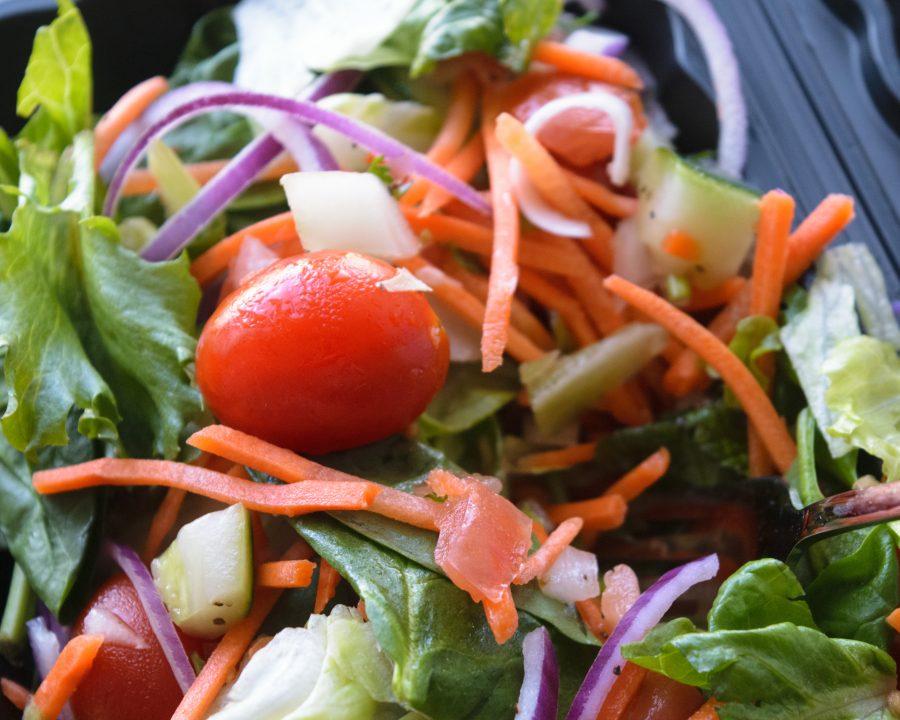Vegan. An individual who does not consume any food or use any products that contain animal by-products or are made from animals. As of 2021, approximately 79 million people in the world are vegan. Vegans do not eat meat, cheese, or milk. Instead, vegans tend to go for almond or soy milk and plant-based burgers. It’s important to read food labels before buying groceries and other food items to make sure they don’t contain any animal by-products.
According to the U.S. News and PETA organization, going vegan has many benefits including reducing your risk of developing cancer, improving heart and vascular health, blood sugar control, and reducing body weight and risk of obesity. A vegan diet usually consists of a combination of grains, vegetables, fruits, plant foods, and nuts. Instead of eating processed foods and red meats, vegans get their protein from foods like tofu, beans, and lentils. A decrease in saturated fats can lead to a reduction in body weight, ultimately leading to a low-calorie diet.
Being vegan is healthier. Eating fruits and vegetables helps to lower cholesterol, as a result decreasing the risk of heart disease. A vegan diet consists of foods that are plant-based and low in sodium, thereby healthier for people with diabetes and high blood pressure. Plant-based foods contain antioxidants that can reduce the risk of cancer. Start by taking a few plant-based meals that you love and adding them to your plate every day. These could include avocado salad wraps, burritos, quesadillas, rice bowls, etc. Try cutting down the portions of meat and increasing your intake of fruits, vegetables, and whole grains. Slowly eliminate meat from one meal each day, until you get used to it. For example, you might want to try eating a vegan breakfast, to begin with. Some ideas for a vegan breakfast are toast, blueberry muffins, pancakes, smoothies, oatmeal, porridge, etc. Next, move towards incorporating plant-based foods in lunch and dinner. Try out new recipes. Change up your cooking methods. You might want to consider baked meals instead of fried ones; they’re much healthier and don’t contain oil.
Just remember, it takes time for your body to get used to a vegan diet. Be patient. Take it one step at a time. Don’t give up. By going vegan, you’re reducing the demand for animal products, in turn creating a lesser need for animals to suffer in factory farming and to be slaughtered. End animal cruelty. Animals go through pain and suffer every day in slaughterhouses. Sadly, many animals are alive and conscious when being slaughtered, as mentioned by PETA. Each year, more and more people are becoming vegan, as organizations like PETA are working towards spreading awareness about animal cruelty. The PETA organization continues to inspire people to become vegan through their article “Being Vegan: Healthy and Humane” which includes a powerful statement: “Whether you go vegan for the environment, for your health, or for animals, you have the power to change the world, simply by changing what’s on your plate.” This goes to show that we can change the world one step at a time, just by making little changes in our everyday routines. Take a step towards becoming vegan. Share your story.
-
https://health.usnews.com/wellness/food/articles/what-happens-to-my-body-if-i-go-vegan-for-a-month
-
https://wtvox.com/lifestyle/2019-the-world-of-vegan-but-how-many-vegans-are-in-the-world/

